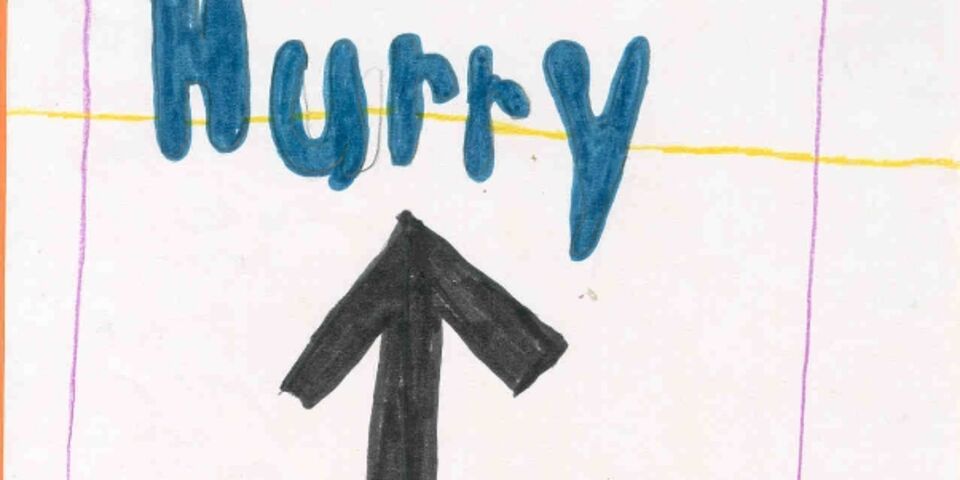Until recently, students were allowed to take their state stipend abroad with them if they had lived in the Netherlands for at least three of the past six years. Last summer, the European Court decided this rule indirectly discriminated against migrating employees: if they work here, their children should have a right to a state stipend.
Because of the Court’s verdict, Greek teenagers may now receive money for a study program in Athens as long as their father has been working in the Netherlands for a few months. Should they all apply for a basic stipend it could cost the department millions extra.
The minister felt that’s not the idea and all of the House of Representatives agrees. To avoid excessive costs, Bussemaker wants to be allowed to pay a state stipend to a maximum of nine thousand students who want to study abroad; that’s the same number of students that are currently making use of the arrangement.
No one’s particularly thrilled about the idea, but the minister has to do something – that was the general opinion during the parliamentary debate about the stipend to-go this morning.
To prevent discrimination, the applications are treated on a ‘first come, first serve’ basis, which could mean Dutch students could be pushed aside by quick foreign applicants. “I realize it isn’t the most elegant of laws”, Bussemaker admitted. Another thing the House agreed with her.
D66 was most openly against the idea of a ceiling. Parliamentarian Paul van Meenen argued the government only runs a minor risk. He asked the minister what she thought more important: making sure all Dutch students will have the opportunity to study abroad, or making sure we won’t be paying any foreign students?
“It’s a devilish dilemma”, Bussemaker agreed. She’d like to see more students go abroad rather than less. She thinks the ceiling of nine thousand students can easily be adjusted should the number of Dutch applications increase.
For now, the minister has no reason to actually introduce a maximum to the number of applications. The law that was discussed simply allows her to do so whenever there’s a good reason. When the time’s right, there will be another parliamentary debate first.
Many MPs want to know what the exact procedure will come to look like. “Can students lose their stipend in retrospect, should the ceiling be met?”, SP parliamentarian Jasper van Dijk demanded. Bussemaker promised that’s out of the question.
So what will happen? If the minister decides on installing a ceiling, she will probably announce the introduction before April 1, “since that would make sense for students planning to go abroad in September of that same year”. That would mean students can no longer apply throughout the year, but from April 1 only. “That’s when the meter will start running”, says Bussemaker.
However, if by May it turns out the number of applications by foreign students is excessive, the minister will have to think of something else. “Even then, I could introduce a maximum. That would apply from the moment it’s been approved by the House of Representatives.” So the minister will have to install a maximum long before it’s reached. After all, she won’t be able to deny students their stipends in retrospect.
All in all it’s a solution that’s far from perfect considering the verdict of the European Court. Still, despite objections regarding European meddling in national regulations from PVV and SGP especially, the minister can’t but listen to the European judges.
As per the House’s request, Bussemaker will be consulting other member states that are equally displeased with the verdict. “Those countries are currently looking for a solution as well, but they don’t have the answer yet, either.” She’ll be informing the House of any ideas the member states come up with.


Discussion